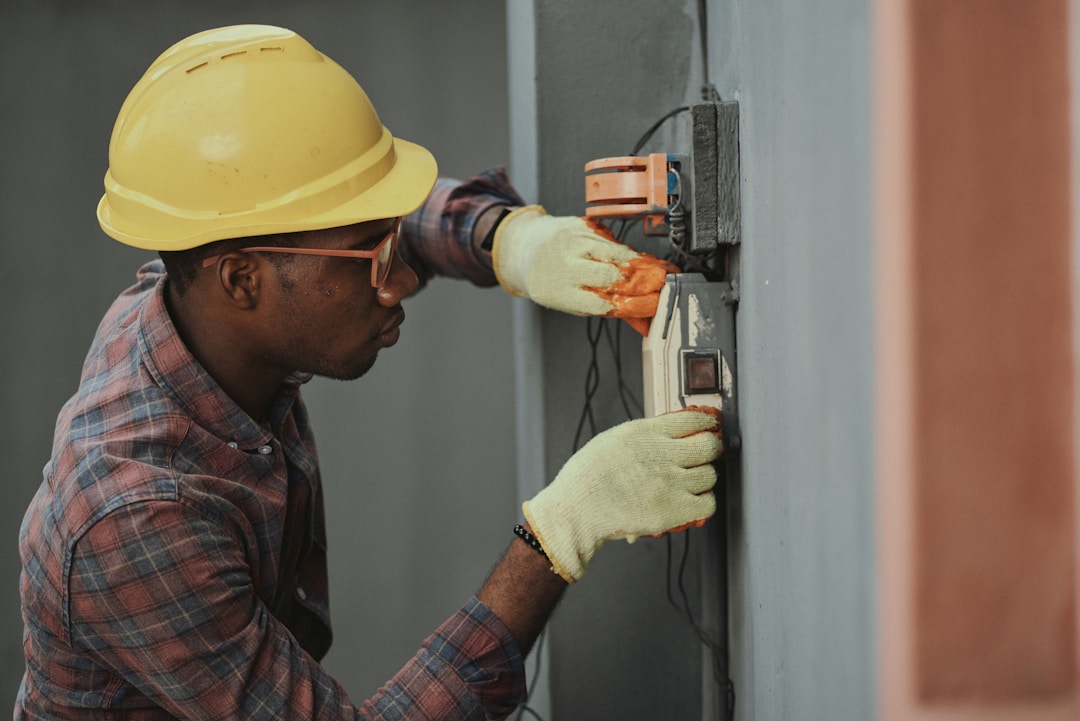As a homeowner, you probably know that most heating systems have a shelf life of about 15 years. This means that once your heat pump reaches the 15-year mark, you’ll need to get a heat pump replacement. This time frame is recommended by the U.S. Department of Energy because a new HVAC system is more energy-efficient.
Additionally, if you want to have consistent comfort in your home—especially during the summer months—they recommend having your HVAC unit serviced regularly. Regular service repairs will also help extend your heat pump’s shelf life. They also suggest the following signs that you should invest in a new heat pump, so keep reading.
1. Poor Indoor Air Quality

Heat pumps can control the quality of your indoor air. Humidity, insulation, ventilation, and odor are some of the air quality issues you’re likely to run into as a result of a faulty heat pump. If you’re experiencing uneven temperatures or dry air, an HVAC technician can help diagnose the cause of this.
Older model heat pumps are the most common culprits when it comes to the compromised quality of your indoor air. Given that your ac unit not only acts as a cooling unit but also assists with airflow, older models have a hard time managing these basic functions. The result of this is that it leads to a build-up of mold, bacteria, and other allergens, which worsen existing health problems and cause others.
2. High Monthly Utility Bills

On average, most American households spend nearly half of their yearly energy bill on their HVAC system. Your electric bill should be regular during the summer months. If your cooling costs have been unusually high during this season, it could be time for a heat pump replacement. An expert technician can inspect your HVAC system to look for signs of hardware issues, clogged air filters, cracks, and other hardware problems that could be responsible for your faulty heat pump.
Once it’s established that you’ll need a new heat pump, your HVAC technician may likely recommend an energy-efficient replacement. Energy Star certified heat pumps are built to offer the best home comfort while using the least amount of electricity.
3. Strange Noises
Most heat pumps make noise at the start and end of their cycles. These sounds can be likened to a soft hum. If your heater starts making a banging sound, this could be a warning sign that your heat pump system needs immediate attention. These strange noises are common in older systems and could mean anything from refrigerant leaks to poorly installed heating equipment.
A service technician can help diagnose the problem and let you know if your old heat pump is on its last legs and recommend a new heating system.
4. Frequent Repairs

Heat pump maintenance is essential to making your heat pump last, and an occasional heat pump repair is normal. But if your repair costs start to get out of hand or you notice that your heat pump is constantly breaking down, it might be time to consider installing a new heating system. Replacing your old heat pump will take away the inconvenience involved with constantly needing a cooling expert.
If you’re constantly having your pump repaired, it may be time to seek a second opinion from a different service technician. Helpful online resources like the Better Business Bureau, the Air Conditioner Contractors of America (ACCA), and Angie’s List have a rich database of licensed service technicians to choose from. If you have close friends or neighbors who’ve recently had some furnace repairs or replacements done, consider asking them for referrals as well.




